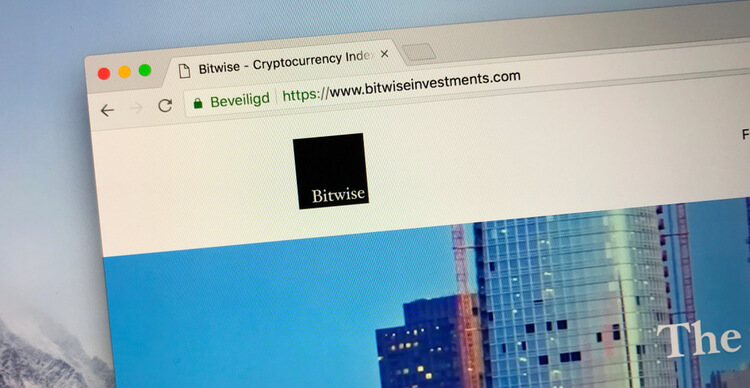
Cryptocurrency asset manager Bitwise has raised $70 million in a bid to bring big stakeholders into the rising company.
Cryptocurrency asset management firm, Bitwise, has raised $70 million in a funding round. The company obtained the funds from numerous institutional investors and individuals from Wall Street and Silicon Valley.
According to the Bitwise CEO, Hunter Horsley, the fundraising aimed to ensure that the young company has big stakeholders as part of its business. Bitwise is one of the leading cryptocurrency asset management firms, with over a billion dollars in assets under management.
Horsley said, “We wanted to get some of the best minds, investors and backers across Wall Street and crypto involved with the company because we see an opportunity to build an enduring institution.”
This investment round was led by Henry Kravis, Stanley Druckenmiller and Bridgewater CEO David McCormick. Other investors mentioned include Dan Loeb’s Third Point LLC, Daniel Och’s Willoughby Capital, Louis Bacon’s Moore Strategic Ventures, Paul Eisenstein’s Vetamer Capital, and several others.
The company said it would use the funds to strengthen its balance sheet and boost its research, client service and sales teams. So far, Bitwise has doubled the size of these teams since the start of the year and intends to double them again before the end of the year.
Bitwise is also working on releasing more products in 2021. However, Horsley declined to comment on the types of products to expect from the asset management firm. Currently, Bitwise offers a wide range of crypto index funds, and Horsley admitted that the company wants to do more.
The CEO pointed out that Bitwise’s commitment is to long-term investors and not traders. The company wants to keep rolling out products that cater to the needs of long-term cryptocurrency investors.
“Much of the crypto industry is trading and traders, people looking at the price every day and thinking about what the latest news or tweet means for price over the next seven days. We serve the long-term investor thinking if this has a role to play in the next 5-10 years of how they approach their portfolio and building a thesis,” he concluded.

